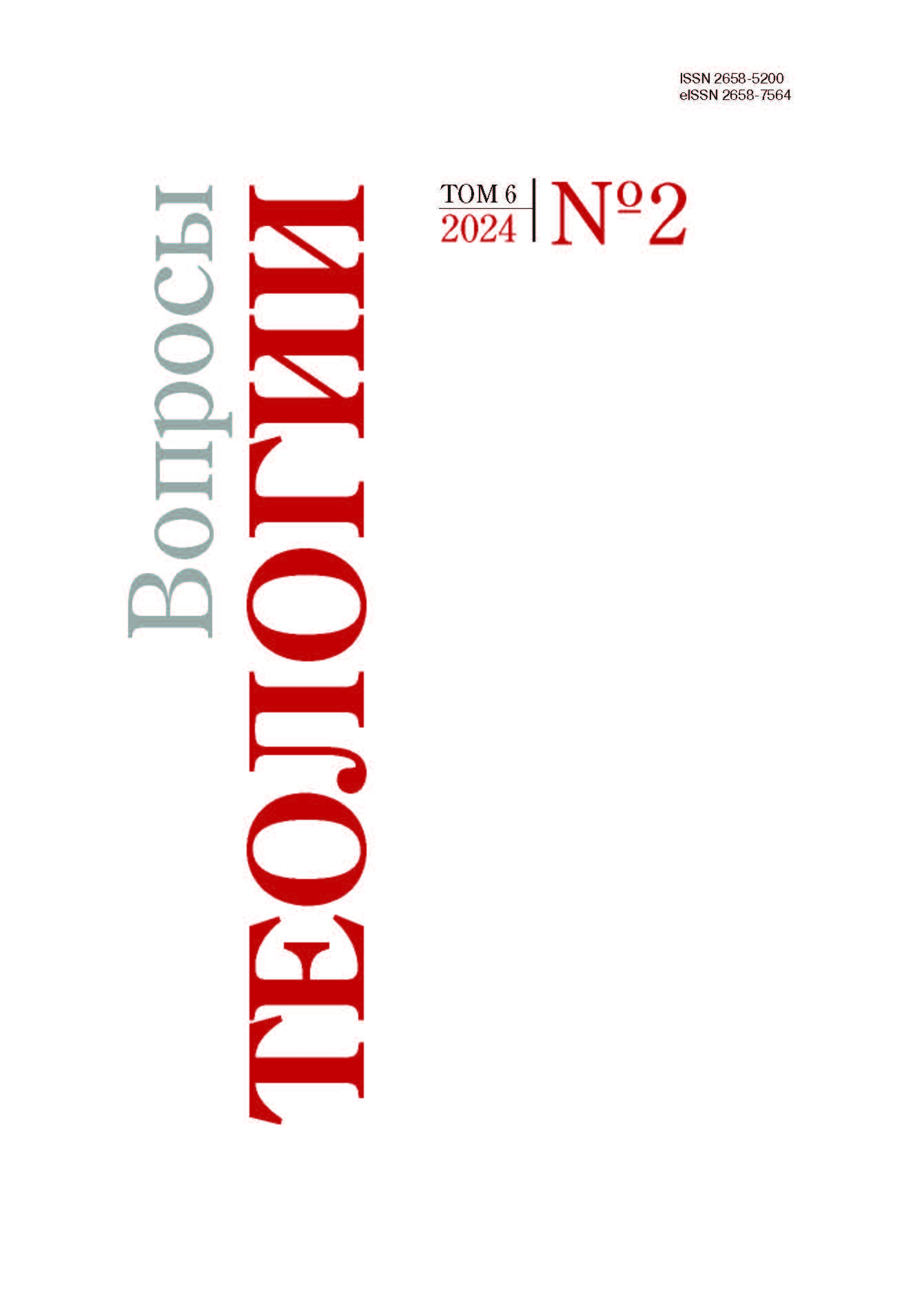Relations between science and theology in interpretation of Dumitru Stăniloae
DOI:
https://doi.org/10.21638/spbu28.2024.207Abstract
The article explores Dumitru Stăniloae’s interest in natural sciences. The characteristic of his epistemology is given, which shows that he distinguishes three stages of knowledge of God: rational (affirmative and negative), apophatic and cognition based on specific life situations. The theologian’s increased interest in the rational stage of cognition, which makes possible and necessary strict science, is underlined as well as the interconnectedness of all stages, which determines the benefit of scientific knowledge throughout the path of human’s ascent to God. D. Stăniloae’s wide application of the rational method of cognition is illustrated by the example of his article “Church as a place and a large community in Christ”. In the course of studying D. Stăniloae’s works, the fact is highlighted that the Romanian theologian identifies a large number of interrelations, such as soul-body, human-world, creation-God, based on his Trinitarian theology and Christology. The substantiation of the importance of scientific knowledge is given due to the fact that it helps to strengthen and clarify the connection between cosmos-man-Christ-Trinity. The methodological features of cognition of the surrounding world in the context of the connection of scientific knowledge and knowledge of God are listed, and D. Stăniloae’s positive view of technological progress is also noted and characterized. At the end of the research, it is concluded that the Romanian theologian considers science to be a part of the knowledge of God and a means of natural Revelation, as well as the importance of combining scientific knowledge with apophatic knowledge of creation, which is possible as a consequence of the presence of God in the world.
Keywords:
Dumitru Stăniloae, natural sciences, theology, rational cognition, cognition of God, creation, Romania
Downloads
References
References
Downloads
Published
Issue
Section
License
Articles of "Issues of Theology" are open access distributed under the terms of the License Agreement with Saint Petersburg State University, which permits to the authors unrestricted distribution and self-archiving free of charge.




